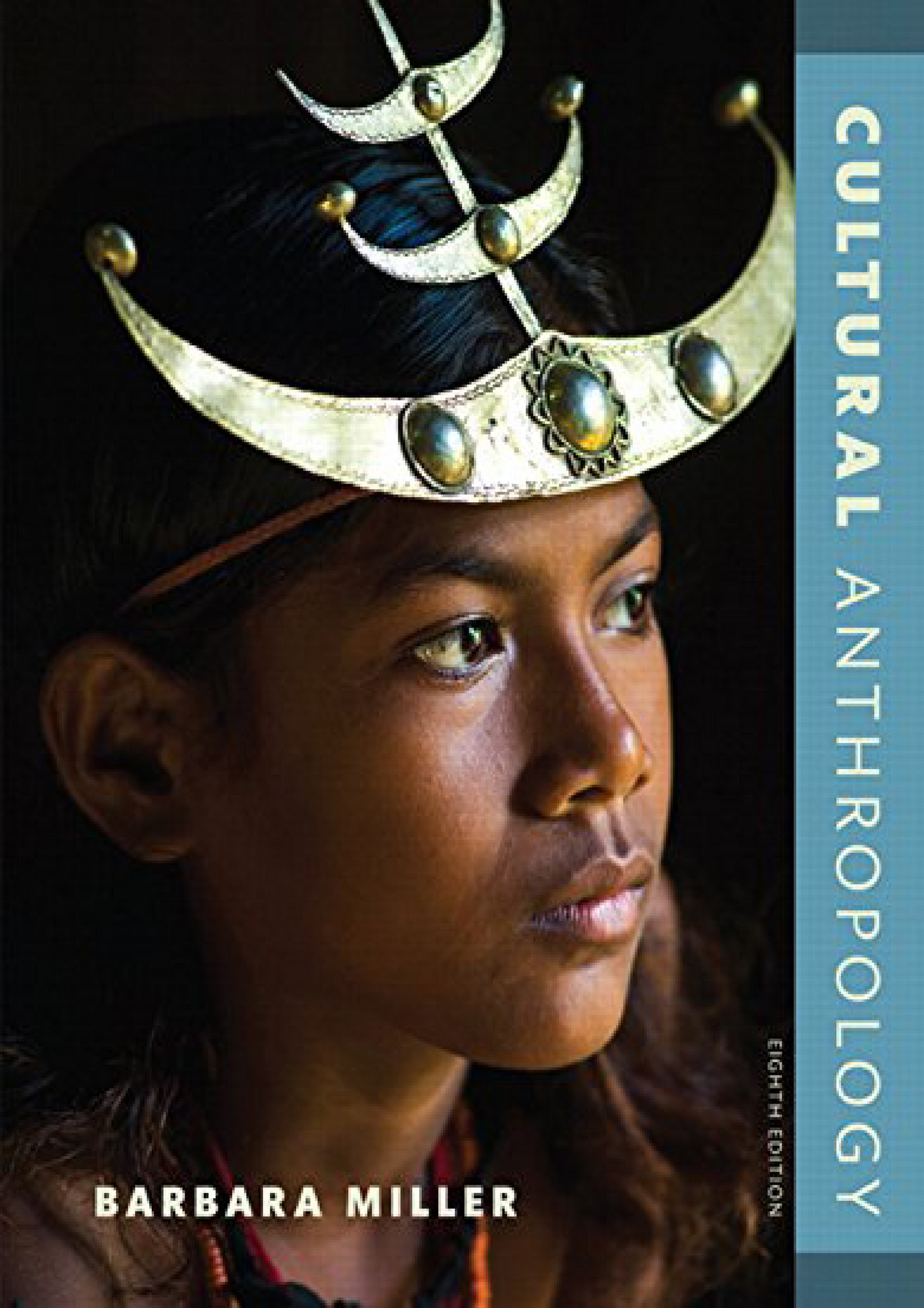Cultural anthropology, as a discipline, delves into the nuanced tapestry of human societies, providing insights into our behaviors, rituals, and the socio-cultural fabric that binds us. For those seeking to expand their understanding of this intriguing field, a plethora of literature exists that explores various facets of human culture, each offering unique perspectives. Below are ten exemplary works that stand as cornerstones in the study of cultural anthropology, showcasing a diversity of content and approaches.
1. “Nisa: The Life and Words of a !Kung Woman” by Marjorie Shostak
This groundbreaking ethnography chronicles the life experiences of Nisa, a !Kung woman of the Kalahari Desert. Through oral narratives, Shostak intricately portrays Nisa’s world, emphasizing the intersection of gender and culture. Readers can expect a deeply personal account that illuminates themes of love, hardship, and resilience, making this work not only an anthropological study but a poignant reflection on humanity.
2. “The Interpretation of Cultures” by Clifford Geertz
In this seminal collection of essays, Geertz posits the concept of culture as a “system of inherited conceptions expressed in symbolic forms.” His work challenges reductive views of culture, advocating for an interpretative approach that considers the meanings and symbols inherent in social life. Readers of this text will encounter a rich tapestry of case studies, each illustrating the complexity of cultural expressions in various contexts.
3. “Coming of Age in Samoa” by Margaret Mead
Margaret Mead’s iconic fieldwork in Samoa challenges traditional notions of adolescence and cultural norms. Through her exploration of Samoan life, she argues for the cultural construction of identity, especially surrounding the transitional phase of coming of age. This work is a must-read for those interested in the interplay between culture and individual development, as Mead’s observations offer a provocative re-evaluation of Western assumptions about youth.
4. “Righteous Discontent: The Women’s Movement in the Black Baptist Church, 1880–1920” by Evelyn Brooks Higginbotham
Higginbotham’s detailed historical analysis unravels the complexities of the Black Baptist Church’s women’s movements. By interweaving narrative history with cultural analysis, she adeptly reveals the socio-political dynamics that shaped the faith and agency of Black women during a turbulent period in American history. This text emphasizes the significance of gender and race within cultural narratives, making it an essential read for those interested in intersectionality in anthropology.
5. “The Human Condition” by Hannah Arendt
While not strictly an anthropology book, Arendt’s philosophical exploration of the human condition offers profound insights into the nature of political and social life. Her examination of labor, work, and action presents a framework for understanding human relationships within cultural contexts. Readers will find themselves challenged to think critically about the nature of freedom and responsibility in diverse societies.
6. “The Social Life of Things: Commodities in Cultural Perspective” edited by Arjun Appadurai
This anthology ventures into the anthropological study of material culture, examining how objects acquire cultural significance through their social journeys. Contributors analyze a variety of commodities—from the mundane to the sacred—demonstrating how they serve as carriers of meaning in human interactions. This collection invites readers to ponder the relationship between culture, value, and human behavior through the lens of the material world.
7. “Anthropological Theory: An Introductory History” by Jon McGee and Richard Warms
This comprehensive survey of anthropological theory presents a historical overview from the early evolutionists to contemporary thinkers. By delineating various theoretical frameworks, the authors elucidate how cultural anthropology has evolved over time. Readers will benefit from a structured examination of pivotal theories, assisting in contextualizing contemporary anthropological discourse.
8. “Argonauts of the Western Pacific” by Bronislaw Malinowski
Malinowski’s classic ethnographic study of the Trobriand Islanders is a foundational text in fieldwork methodology. His immersive approach redefined anthropological practices, stressing the importance of participant observation. The book offers profound insights into the intricate exchange systems of the Trobrianders and is essential for understanding the development of modern anthropology.
9. “The Cultural Dimension of International Business” by Gary P. Ferraro and Elizabeth K. Briody
This work addresses the vital intersection of culture and global business practices. By highlighting cultural dimensions that affect international interactions, Ferraro and Briody provide readers with a practical guide to navigating cross-cultural communication challenges. This text is particularly relevant for business professionals and anthropologists alike, as it bridges theoretical insights with real-world applications.
10. “Myth and Meaning” by Claude Lévi-Strauss
Lévi-Strauss interrogates the universal structures of myths across cultures in this influential work. By examining the underlying logic of myth-making, he delves into how societies create meaning through narratives. Readers will appreciate the profound implications of this exploration, encouraging a deeper understanding of how stories shape cultural identity and human experience.
In summary, the vast reservoir of knowledge encapsulated within these ten texts offers a diverse palette for those keen on exploring cultural anthropology. Each work provides unique insights into the intricacies of human behavior, social structures, and the ever-evolving cultural landscape. Together, they form a comprehensive foundation for understanding the complexities of societies past and present, making them indispensable reads for anyone interested in the rich tapestry of human experience.
